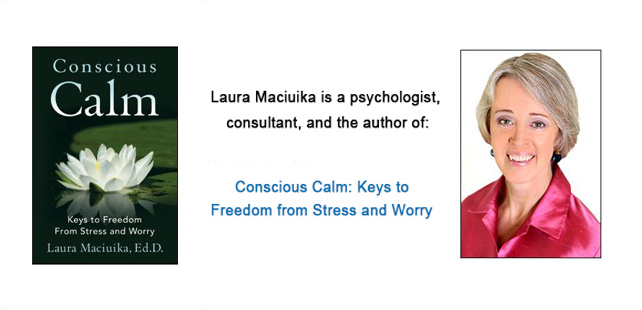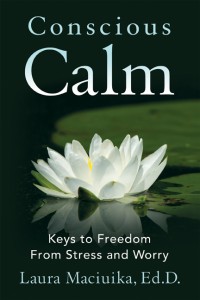 As busy people, most of us only begin to pay attention to our bodies when they are doing something dramatic to get our attention. Like a three year old feeling the need to be noticed, our bodies often start out quietly asking, then end up screaming some version of “Listen to me!!!” In our bodies, this often shows up through stress symptoms.
As busy people, most of us only begin to pay attention to our bodies when they are doing something dramatic to get our attention. Like a three year old feeling the need to be noticed, our bodies often start out quietly asking, then end up screaming some version of “Listen to me!!!” In our bodies, this often shows up through stress symptoms.
Stress symptoms can start out mild and unimpressive. A bit of a headache. Mild irritation. That slightly upset stomach, or underlying tiredness. For some people, this is just another day in the life; another day to just deal with stress and maybe not even recognize how much energy that required.
As I talk with people with a range of stress symptoms and responses, this capacity to just deal with stress is part of the challenge. I hear so many people just finding a way to just keep going. Busy or hyper-productive people are often stars at pushing through pain or fatigue, just getting things done anyway. Many companies reward this kind of “suck it up” approach. And many entrepreneurs have learned to keep on pushing no matter what – that drive and commitment can be part of what makes them successful.
So pushing through the milder stress symptoms can feel like no big deal, and can be expected and even rewarded. But the flip side of this capacity for ignoring quieter stress symptoms is a broken internal relationship, since those symptoms are usually not random. When they begin to cluster together and show up more than once in a blue moon, the body in fact is getting more insistent in trying to tell us something we’re continue to ignore. The body gives needed information on the level of emotions, physical states and energy levels. When ignored over and over again, it’s often only a matter of time before the body/mind system shakes us into getting our attention and making us listen. Sometimes the body needs to scream for us to notice.
By the time an illness hits, or a panic attack shows up seemingly out of nowhere, there has been a lot of ignored communication already. By then, usually there have been subtler signs that the body was overstressed and overstimulated. The chronically upset stomach, or shallow, tight breathing that can trigger an underlying hum of “fight or flight” response, or a restlessness that just won’t quit – these are just a few stress symptoms that when listened to correctly, can avoid a health crisis. When we listen better to the information the body is providing, as with any improved relationship, this can lead to relief, increased connection, and greater happiness overall.
If we come across a screaming three year old trying to get mom or dad’s attention, we might make an assumption at first. “Why doesn’t his mom tell him to be quiet in public?” Or perhaps we have a kinder response, “Tough day,” or “The boy must have missed his nap today, he’s exhausted.” What I find over and over is that people who are stressed and more tired than they know, often have a kinder response toward others than they have toward themselves. They might notice a three year old is overtired, and have some compassion — but they will often push through or minimize their own fatigue. They may be able to notice that a child needs some good, focused attention. But they will often lack that awareness of their own bodies, minds, and spirits, even as their systems given them information that the body and heart need better nourishment, better attention, some deeper rest.
Pushing away milder stress symptoms is only a short-term way to deal with stress effectively. As a habit or a way of being, information being pushed down into our bodies will sooner or later come shooting back up in louder and louder cries for good attention. Listening with the kindness we might offer to a child or a friend can help prevent subtle stress symptoms from becoming actual health crises in order to demand our attention. In taking that communication seriously rather than ignoring it, just as in any relationship we end up becoming a better friend; in this case a better friend to ourselves.
Dr. Laura Maciuika is a psychologist and the author of Conscious Calm:Keys to Freedom from Stress and Worry, available at Amazon and other online stores, or through ConsciousCalm.com




